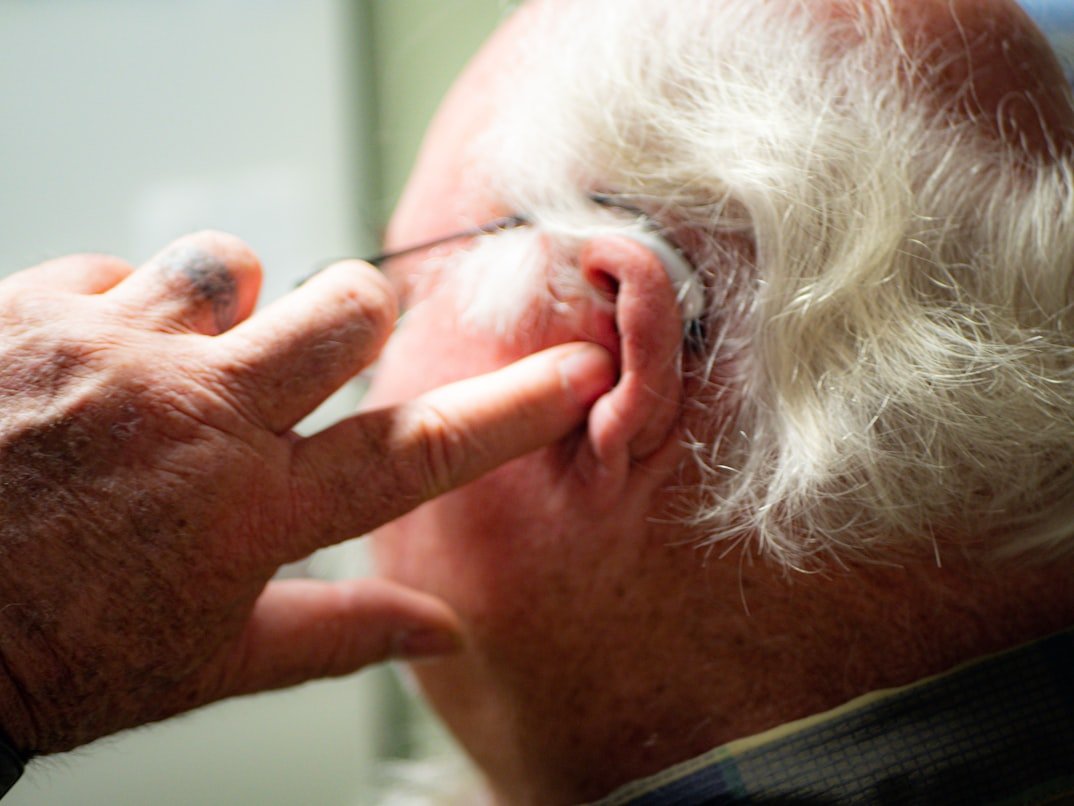When we think about the side effects of medications, our minds often go to the more obvious issues like nausea or drowsiness. However, there are some side effects that can be less noticeable yet profoundly impactful, like hearing loss.
The American Speech-Language-Hearing Association (ASHA) reports that there are over 200 recognized ototoxic medications on the market today. This includes both prescription and over-the-counter drugs. These drugs are often used to treat serious conditions, including infections, cancer, and heart disease.
In this article, we’ll explore the unexpected relationship between some of these medications and hearing impairment.
Over-the-Counter Pain Relievers
Pain relievers like aspirin, acetaminophen (Tylenol), and nonsteroidal anti-inflammatory drugs (NSAIDs) such as Advil and Motrin are staples in many medicine cabinets. With around one in three Americans taking these medications daily, their safety is often taken for granted, AARP notes. However, research suggests that regular use of these over-the-counter drugs can lead to hearing problems.
Dr. Sharon Curhan is a physician and epidemiologist affiliated with Brigham and Women’s Hospital as well as Harvard Medical School. She has extensively studied the impact of pain relievers on hearing.
In her 2012 study of over 62,000 women, Dr. Curhan found that frequent use of acetaminophen or NSAIDs was linked to hearing loss. Specifically, using these medications two or more days per week was associated with up to a 24% higher risk of developing hearing loss.
Similar findings have been observed in men, where regular use of these medications also correlates with a heightened risk of hearing issues.
Furthermore, the Epidemiology of Hearing Loss Study revealed that among adults with existing hearing loss, NSAID use was associated with a 45% increased risk.
Researchers speculate that these medications might reduce blood flow to the cochlea, the part of the inner ear responsible for hearing. This reduction in blood flow could impair the cochlea’s function, leading to hearing loss.
Monoclonal Antibodies
Monoclonal antibodies have dramatically advanced the treatment landscape for various conditions by targeting specific proteins or cells. These innovative therapies have shown significant promise in managing diseases.
However, some medications in this class have raised concerns about their side effects. For instance, Tepezza, a monoclonal antibody used for thyroid eye disease (TED), has recently been associated with hearing-related issues.
A study reported by Drugwatch found that 27% of patients using Tepezza developed tinnitus, or persistent ringing in the ears. While some patients experienced relief after discontinuing the drug, others continued to struggle with symptoms long after stopping treatment. This raises questions about the potential for full recovery.
In the same study involving 26 patients who received at least four infusions of Tepezza, 23% experienced hearing loss. Some patients reported that their hearing issues either worsened or emerged after starting the drug.
Although some saw improvements in their symptoms a few months after discontinuing Tepezza, others continued to face long-term hearing challenges.
These hearing-related complications have led several patients to pursue legal action through the Tepezza hearing loss lawsuit. As of September 2024, 173 lawsuits are pending in multidistrict litigation (MDL), though no trials or settlements have been reached at this stage.
According to TorHoerman Law, plaintiffs claim that Horizon Therapeutics, the drug’s manufacturer, did not adequately warn about the risk of hearing damage. They argue that this lack of warning has significantly affected their quality of life.
What is Thyroid Eye Disease (TED)?
Thyroid Eye Disease, also known as Graves’ Orbitopathy or Graves’ Ophthalmopathy, is an autoimmune condition that affects the muscles and tissues around the eyes. It often occurs in people with thyroid disorders, particularly Graves’ disease, and can cause symptoms like eye bulging, redness, swelling, and vision problems.
Aminoglycoside Antibiotics
Aminoglycoside antibiotics, including drugs like gentamicin and streptomycin, are crucial for treating serious bacterial infections. However, they come with a significant downside: potential damage to the inner ear. These antibiotics are known to affect the sensory cells in the ear, which are essential for both hearing and balance.
Medscape notes that in regions where antibiotics are available over the counter, aminoglycosides contribute to a substantial proportion of deafness cases. Studies show that in some countries, these antibiotics are responsible for up to 66% of cases of deaf mutism. Among adults receiving aminoglycoside treatment, up to 33% might experience audiometric changes, reflecting a significant risk of hearing impairment.
What is Deaf-Mutism?
Deaf-mutism refers to the condition where a person is both deaf (unable to hear) and mute (unable to speak). In many cases, mutism in deaf individuals results from an inability to learn spoken language due to hearing impairment. This particularly happens when the condition begins at birth or early childhood.
Loop Diuretics
Loop diuretics, including ethacrynic acid, furosemide, and bumetanide, are powerful medications often used for congestive heart failure, renal failure, cirrhosis, and hypertension. While these drugs are highly effective at managing fluid retention, they also carry a risk of ototoxicity.
Ototoxicity from loop diuretics is associated with disruptions in the stria vascularis, a crucial part of the inner ear. This structure helps maintain the ionic balance between the perilymph and endolymph fluids.
Among loop diuretics, ethacrynic acid’s ototoxic effects develop more slowly and take longer to resolve than those of furosemide or bumetanide. Studies suggest that about 6-7% of patients taking these medications experience ototoxicity. The risk varies based on several factors, including the drug dose, infusion rate, existing renal issues, and the concurrent use of other ototoxic medications.
What is ototoxicity?
Ototoxicity refers to damage to the inner ear or auditory pathways resulting from exposure to certain medications, chemicals, or environmental factors. This damage can disrupt the normal functioning of the auditory system, leading to symptoms such as hearing loss, tinnitus, and balance issues.
Overall, understanding the relationship between medications and hearing loss is crucial for both patients and healthcare providers. While these drugs are vital for managing various conditions, being aware of their potential side effects can lead to better monitoring and early intervention.
If you’re taking any of these medications or considering a new treatment, it’s important to discuss the potential risks with your doctor. Be sure to report any changes in your hearing immediately.











